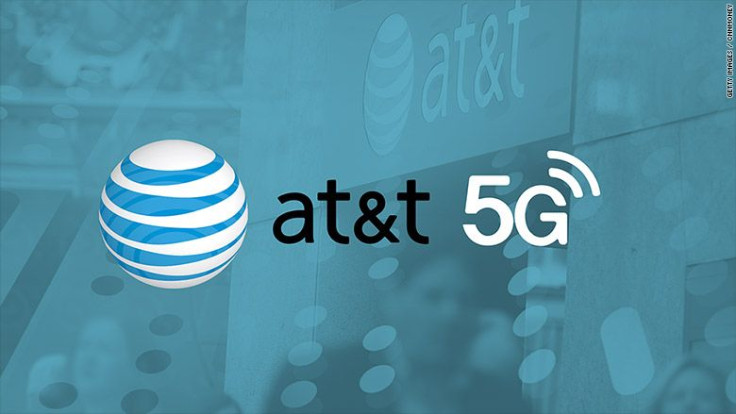5G Rollout In The US: Expected Launch Date, Speeds And Functionality

The rollout of 5G networks has been anticipated ever since 4G took off. However, it is yet to become a reality. Yet, it is the need of the hour in the age of smart homes, connected cars, and connected devices.
5G is expected to be a major improvement over 4G and might offer speed of over 1 GB per second. According to the International Telecommunication Union’s 5G standard, 5G networks might offer peak speed of 20 GB per second downlink and 10 GB uplink. The real-world data speed is expected to come up to with at least 100 MB per second.
It is expected to cause an increase in consumer data usage which will make the usage of all things connected whether it is smartphones, smart speakers or cars, much easier for users.
Since it will be around 30-50 times faster than the current data speeds, it will make overall usage of smart devices smoother and easier. It might make for more devices such as the upcoming Apple Watch 3 to become LTE capable i.e. devices would come with embedded SIM cards, providing them data rather than being Wi-Fi dependent.
But 5G has been in the works for long. When will it actually launch?
5G networks are expected to launch by 2020 and according to Gartner, they might cause a three-fold increase in number of connected devices. Whenever it is launched, 5G will support more devices than current 4G ones.
It might also lure consumers into using more value-added services which might make it a more profitable deal for network providers.
Many network providers are already claiming to provide 5G including Verizon and AT&T but the fact remains that none have really stepped up to the mantle by providing actual 1 GB per second speed.
5G will need a strong signal and its signals are high and short, therefore, network provider will have to protect their networks against obstructions.
While network providers might get their act together, most probably by 2020, the hardware will also have to come up to par. Smartphones and other smart devices will have to be equipped with 5G-capable bands.
For example, Apple has already received approval from the Federal Communications Commission for testing 5G broadband and is expected to make its upcoming phones, including the iPhone 8, 5G-capable. Samsung’s Galaxy S8 and Note 8 run on AT&T networks also claim to be 5G-capable.
5G is also expected to accelerate the adoption of technologies such as virtual reality and augmented reality and also increase the presence of more artificial-intelligence based apps and games on connected devices.
That being said, 5G also has risks of exposing users to increased radiation. According to the National Toxicology Program, increased radiation might risk in an increase in the occurrence of tumors.
All such issues will need to be worked out before the commercial deployment of 5G.
© Copyright IBTimes 2024. All rights reserved.





















